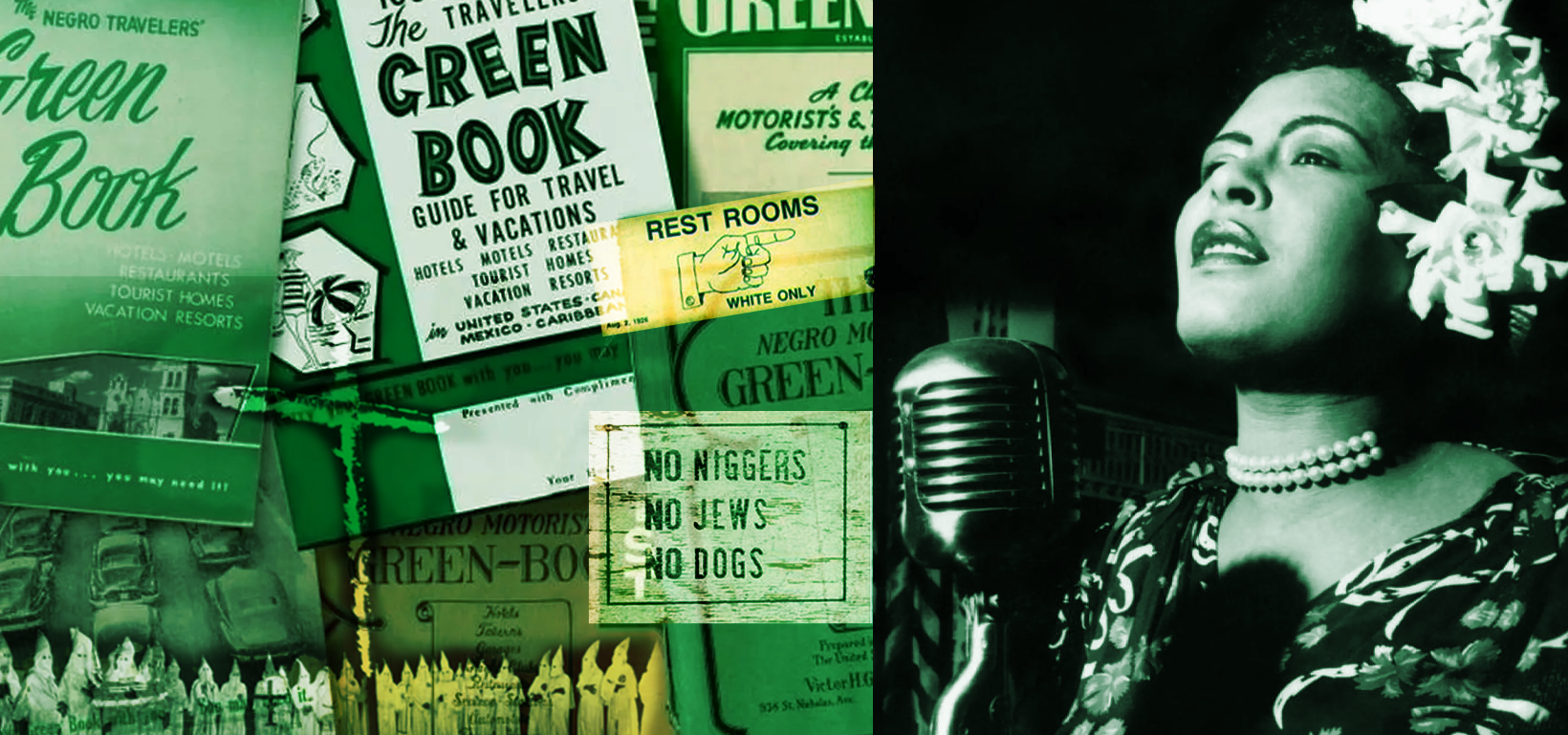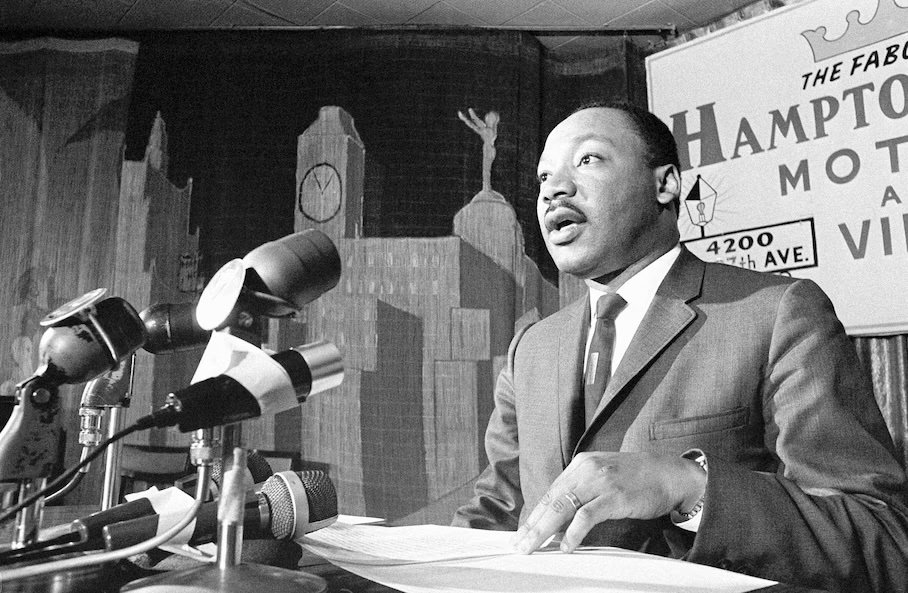
MISSION
The Historic Hampton House is the only Green Book museum in the world dedicated to sharing this unique experience of the segregated era. The restoration and vision are clear and intentional. Our mission is to improve perspectives in race, gender, socio-economic and religious discrimination in America and throughout the world.
WHAT IS A GREEN BOOK VENUE?
As recently captured in the films One Night in Miami (2020) and Green Book (2018) which garnered 16 major nominations and won an Academy Award for Best Picture, the original Green Book directory was designed as a collection of safe spaces during the segregation era, prior to the Civil Rights Act of 1964. It was intended to provide African-American travelers with lodging, dining, and other pertinent information necessary to remain safe and comfortable during their trips.
THE HISTORY
Let’s travel back to the dazzling 50’s and 60’s of Miami Beach. Icons like Frank Sinatra, Sammy Davis, Jr. and the rest of The Rat Pack cavorted in glittering nearby nightclubs such as The Fontainebleau. It was a tumultuous time in Miami, with racial inequality and segregation laws strictly enforced. Blacks, Latinos and Jews could work on Miami Beach, yet were forbidden to reside and play there.
In 1964, Muhammad Ali defeated world champion Sonny Liston, claiming his first heavyweight title. While Ali had his star-making win at the Miami Beach Convention Center, Jim Crow segregation laws prevented him from celebrating and spending the night in Miami Beach. Instead, Ali left the beach to go “over town” (now Overtown) to Miami, where people of color were safe and accepted. In 2021, the story was shared on the big screen in One Night In Miami, directed by Regina King. The film featured the Historic Hampton House as the site where Ali would celebrate with friends Malcolm X, Jim Brown and Sam Cooke. It is here that he enjoyed the bowl of ice cream that marked his victory.
The two-story, fifty-room, modernist style inn featured a jazz club, a restaurant and a swimming pool where Martin Luther King, Jr. was famously photographed enjoying a leisurely swim. While the Hampton House was a hotspot for entertainment, it was also called the “Social Center of the South”. It was the site of weekly meetings of the Congress for Racial Equality. Dr. King visited often and delivered an earlier version of his I Have a Dream speech at the Hampton House in 1960, before his legendary oration at the March on Washington in 1963.
While Miami Beach was the epicenter for musicians and nightclub performances, it was Miami’s Brownsville neighborhood and the Historic Hampton House where Black performers returned after hours to celebrate when the curtains dropped. These musicians included Sam Cooke, Nat King Cole, Josephine Baker, Ella Fitzgerald and Sammy Davis, Jr. among many others. Motown Records’ founder Berry Gordy and his acts including Stevie Wonder and Marvin Gaye were also guests.
On the radio, DJ China Valles broadcasted a live jazz show from the motel’s club on WMBM. In addition to Ali, other star athletes frequented the Hampton House, including Jackie Robinson, Joe Louis, Bob Hayes and Althea Gibson. Beyond its celebrity sightings, the Green Book hotel was a respected local hangout for upscale clientele on weekends and on Sundays after church.
After the Civil Rights Act of 1968 was passed and people of color could live and play anywhere they could afford, Overtown’s Black community and the Hampton House motel fell into disrepair as the more affluent members of the neighborhood migrated throughout Greater Miami.
THE REVIVAL
As prominent members of Brownsville’s Black community dispersed to other Miami neighborhoods, the exodus left the area in economic blight. The Hampton House eventually closed in 1976 and sat abandoned for the next 26 years. When the building was slated for demolition in 2002, an advocacy group led by Dr. Enid Pinkney rallied to save the historical site and eventually arranged to have it purchased from the county.
In 2015, the Historic Hampton House Community Trust commenced a $6 million restoration. Today the revived Historic Hampton House is recognized as a National Historic Landmark Museum with galleries and programs in music and art.
With renewed interest worldwide, such as Regina King’s directorial debut, One Night In Miami via Netflix, a new generation has been introduced to this iconic jewel. The museum and cultural art center has opened new avenues of conversation on social justice and human rights and looks forward to a bright future in progressive discourse and dialogue.




